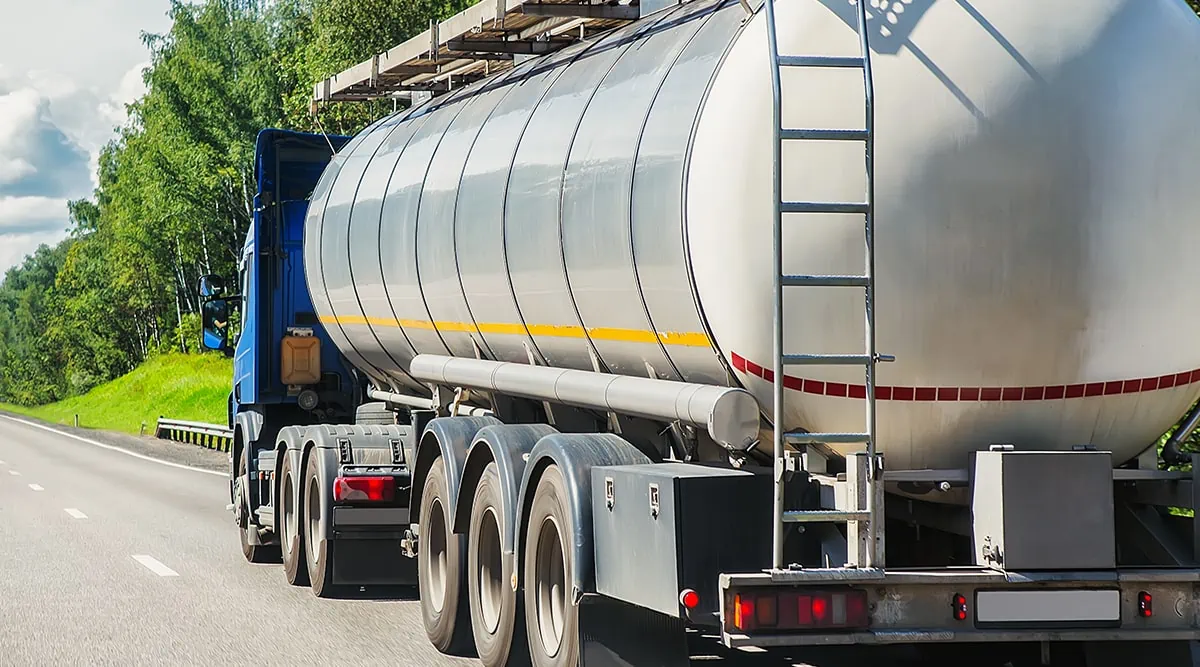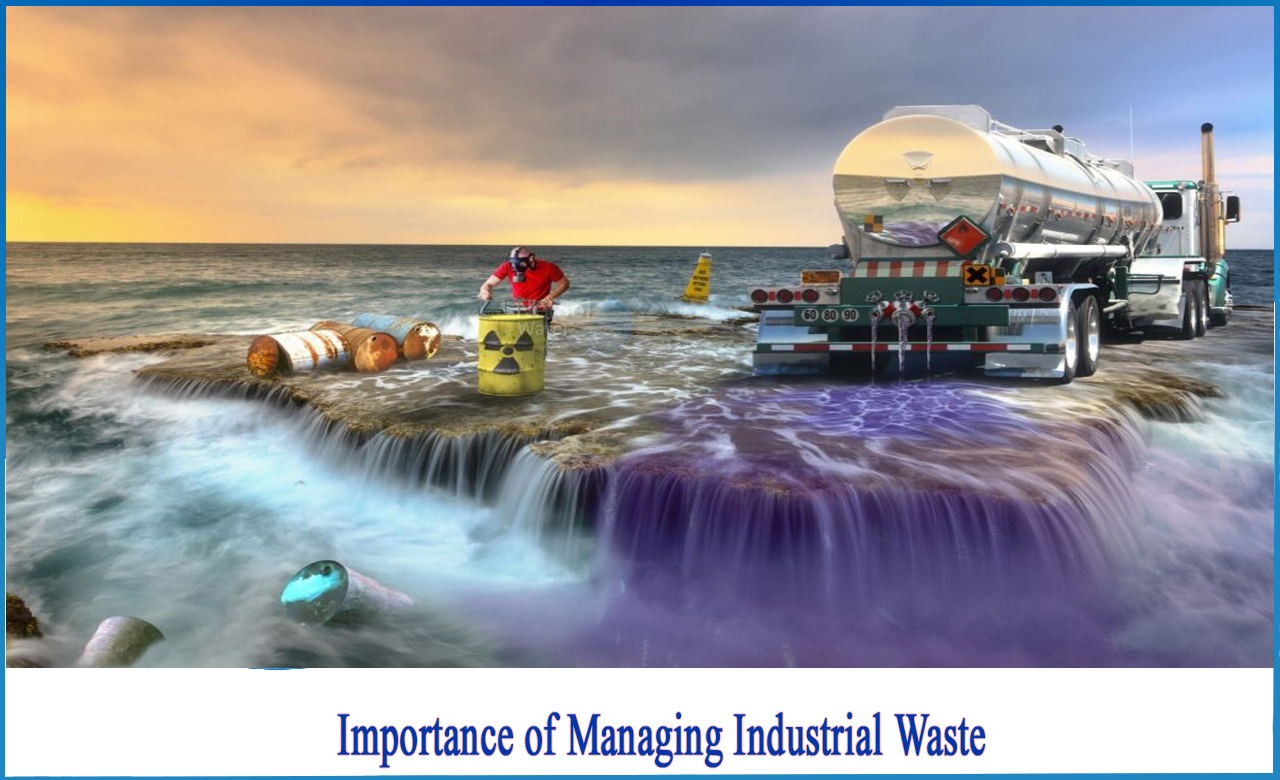Some Known Incorrect Statements About Reclaim Waste
Some Known Incorrect Statements About Reclaim Waste
Blog Article
Reclaim Waste Fundamentals Explained
Table of ContentsAbout Reclaim WasteReclaim Waste Can Be Fun For EveryoneReclaim Waste Fundamentals ExplainedNot known Incorrect Statements About Reclaim Waste Not known Details About Reclaim Waste
Residential sewage waste refers to the waste and items from a residential septic storage tank. The correct management and disposal of residential sewer waste call for liquid waste to be transferred to a sewer therapy plant where the correct methods and devices are applied to cleanse and dispose of waste.
Commercial waste often includes possible hazards, such as flammable materials or a combination of fluid and solid waste items, and requires an advanced and detailed disposal procedure. The disposal of commercial waste generally entails the filtration of waste before transportation to ensure safe and correct disposal. Industrial waste is developed from byproducts and runoff of industrial procedures and production.
This sort of waste can not make use of the very same sewer monitoring transport or procedures as septic or industrial fluids. The commercial waste administration process requires the inspection and screening of liquid waste before it undergoes the disposal process (industrial wastewater treatment). Runoff waste is the liquid waste that comes from runoff and excess stormwater in extremely booming areas or cities
Overflow waste can trigger contamination and flooding otherwise dealt with appropriately. Find out more concerning sewer cleaning and waste management. Guaranteeing proper waste monitoring can protect against catastrophes and lower ecological damage. Both people in household setups and experts in business or production industries can gain from recognizing the procedures and guidelines of liquid waste administration.
Reclaim Waste Can Be Fun For Anyone
Call PROS Services today to learn more about our waste management and disposal services and the proper methods to take care of the fluid waste you create.
(https://allmyfaves.com/reclaimwaste1?tab=Reclaim%20Waste)Do you know what takes place to your water when you draw the plug, flush the commode or drain pipes the washing machine? No? Well, it deserves recognizing. This so-called 'wastewater' is not just an essential source but, after therapy, will be released to our land, rivers or the ocean. Made use of water from commodes, showers, bathrooms, cooking area sinks, laundries and industrial procedures is known as wastewater.

water utilized to cool machinery or tidy plant and equipment). Stormwater, a type of wastewater, is runoff that moves from agricultural and city areas such as roofs, parks, yards, roadways, paths and seamless gutters right into stormwater drains, after rain. Stormwater streams neglected directly to regional creeks or rivers, eventually getting to the ocean.
More About Reclaim Waste
In Queensland, many wastewater is treated at sewer treatment plants. Wastewater is moved from domestic or commercial websites through a system of sewers and pump terminals, recognized as sewage reticulation, to a sewer therapy plant.
The Department of Natural Resources encourages local federal governments concerning handling, operating and maintaining sewerage systems and treatment plants. In unsewered locations, local governments may require owners to mount specific or family sewage treatment view systems to deal with domestic wastewater from bathrooms, cooking areas, bathrooms and washings. The Department of Natural Resources authorizes making use of family systems when they are shown to be effective.
Most stormwater obtains no therapy. In some new neighborhoods, treatment of some stormwater to get rid of trash, sand and crushed rock has started utilizing gross contaminant traps. Wastewater therapy happens in four phases: Eliminates solid issue. Larger solids, such as plastics and other items wrongly released to drains, are removed when wastewater is passed via displays.
Wastewater then moves right into large storage tanks where solids settle and are gotten rid of as sludge. Oil and scum are skimmed from the surface. Uses small living microorganisms understands as micro-organisms to damage down and remove remaining liquified wastes and great bits. Micro-organisms and wastes are included in the sludge. Eliminates nitrogen and phosphorus nutrients that can cause algal blossoms in our rivers and endanger water life.
The Definitive Guide for Reclaim Waste
Nutrient removal is not readily available at all sewer therapy plants due to the fact that it requires expensive specialized devices. Clear fluid effluent created after treatment may still contain disease-causing micro-organisms - liquid waste disposal.

This generally means wastewater needs to be dealt with or pollutants eliminated before it can be discharged to rivers. Most wastewater moves right into the sewerage system. Under the Act, city governments administer authorizations and permits for ecologically relevant tasks (Ages) including wastewater releases that could have a local influence. The department administers authorizations and licences to Periods including wastewater launches that could have a local or statewide impact.
The Ultimate Guide To Reclaim Waste
Tracking supplies factual information regarding water quality and can verify that permit problems are being satisfied. The info gotten via tracking gives the basis for making water top quality choices.
Report this page